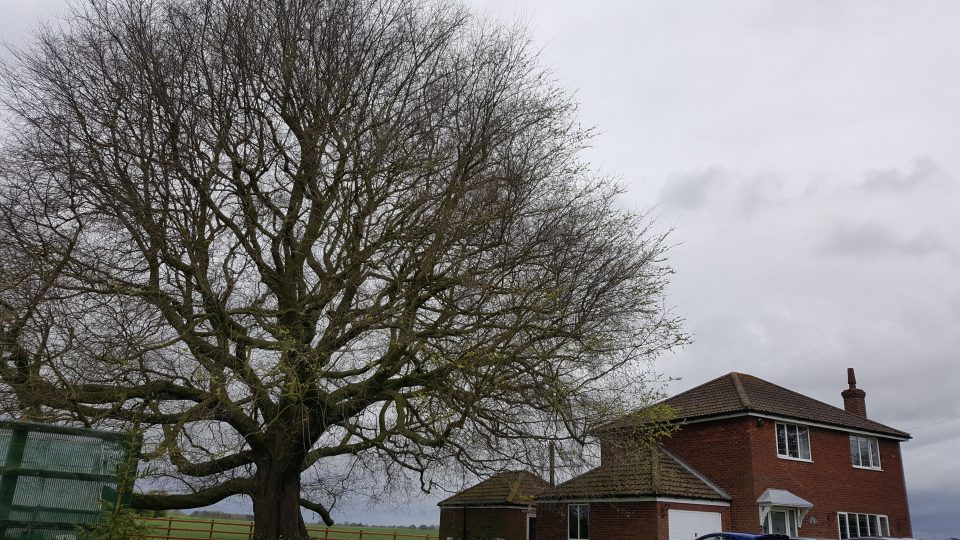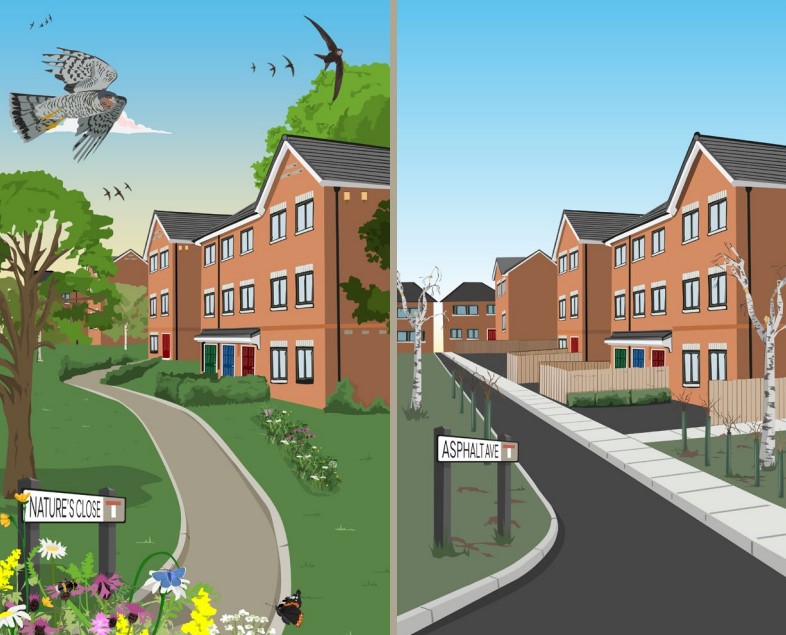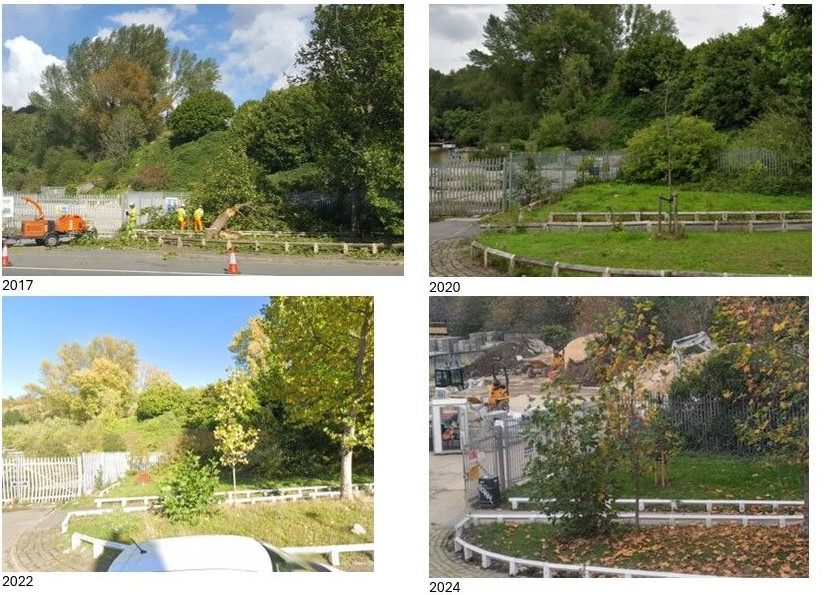
Ancient Woodlands. Replacing the Irreplaceable?
4th January 2014Dyngus Day and the Willow Tree
15th March 2014The Tyranny of Tree Preservation
Tree preservation orders are legal orders which make it an offence to cut down, uproot, prune, lop or damage a tree without first obtaining Council consent. Tree preservation orders are powerful legal tools that can have a massive impact on both trees, the land on which they grow and the people who own this land.
Tree preservation orders can be a tool for great good, ensuring high value amenity trees are protected from threats of destruction, for the benefit of the local community. Tree preservation orders also impose heavily on an individual’s liberty, to do as they see fit with their land; with failure to comply resulting in a potential criminal record and serious financial penalties.
With the single act of creating a group Tree Preservation Order (TPO) a Local Authority Planner can potentially make an economically valuable development site practically worthless. As such, the public need confidence that TPOs will be used in a careful and considered way.
Leicester Mercury Newspaper published details of a case where Leicester City Council planning officer, Paul Champion, told his bosses that fellow planning officer Richard Riley was trying to build on land he bought after he had used his position to make the site “commercially worthless”.
During an employment tribunal, Mr Champion said police had contacted the council to see whether the land, nearly half an acre, was suitable for development. The tribunal judgement says Mr Riley visited the site and imposed tree preservation orders (TPOs), meaning 51 trees could not be cut down, preventing development.
It states Mr Riley then bought the land from police in 2000. The price was never revealed – but Mr Champion claimed it was for £50. The judgement says: “From 2001-2007 Mr Riley began to fell a number of trees on the land that were subject of TPOs.”
“He claimed that some of the trees were exempt from protection because they were dead, dying or dangerous. In respect of others he gained consent to fell after making formal applications to the council.” The judgement states that in June last year, Mr Riley submitted an application to build a three-storey house on the land.
A further newspaper article refers to how local residents are “delighted a landowner has been refused permission to cut down trees on a patch of city woodland”.
All of us who work within the urban forest are subject to ethical dilemmas. Tree surgeons, tree consultants and tree officers will all face inevitable tensions – between what is best for trees and people – whether they are local residents, paying clients or elected members. We all have to tread carefully and use integrity to ensure the best interests of all are protected.





